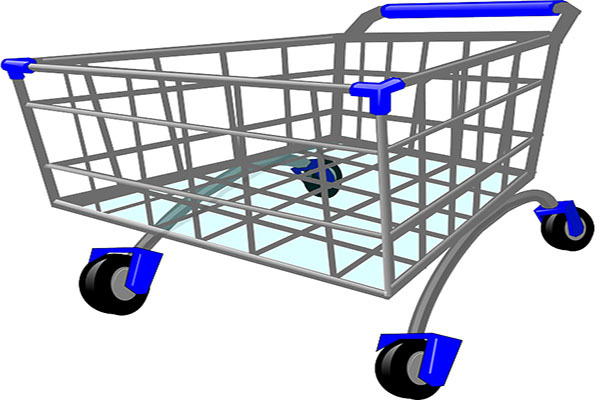With only three days to go in the state’s legislative calendar, a Utah lawmaker abandoned a plan to allow the state to collect sales taxes from businesses not located in the state.
In March, state Rep. Mike McKell (R-Spanish Fork) withdrew his sponsorship of the state House of Representatives version of Senate Bill 182 after the legislation was heavily criticized by “mommy bloggers”—individuals writing about parenting issues or sharing parenting anecdotes on personal or group blogs in the state.
The bill, approved by the state Senate earlier in March, would have redefined Utah’s tax laws to allow taxing online businesses, including those located in other states that sell products or services to Utahans.
Defining Terms
Nicole Kaeding, an economist with the Tax Foundation, says the mommy-bloggers’ relationship with online businesses complicates interpretations of tax policy.
“There was a Supreme Court case called Quill; this was a case in the early 1990s, and it defined what the term is,” Kaeding said. “It’s the ‘nexus,’ and it’s whether or not a firm is connected to the state [and] what is the standard for determining if a business is connected to the state. The Supreme Court basically tried to deal with what is a ‘nexus,’ and they said that a firm had to have significant personnel or property in the state. This worked for a while, but now, with the advent of the internet, there’s a lot of issues of how do you determine what is nexus for a firm that is not based in the state,” Kaeding said.
Kaeding says the question revolves around whether or not the bloggers are extensions of the online business.
“Now, the issue with the mommy-bloggers is that [the government] is going after affiliates,” Kaeding said. “If you have an in-state affiliate for a retailer, then the large retailer would have to pay sales tax.”
Kaeding says she’s pleased the mommy-bloggers were able to stop the legislation.
“It was very heartening to see the little guy kind of stand up for himself and win in this case,” Kaeding said.
‘Revenue Neutral’
Josh Daniels, a policy advisor with the Libertas Institute, says the bill would have cut sales taxes.
“One of the things that is interesting about this bill is it’s supposed to be revenue-neutral,” Daniels said. “They were going to pair the internet sales tax with a reduction in the overall sales tax rate. In fact, there’s a law on the books in Utah that requires any imposition of an internet sales tax to be revenue-neutral.”
Daniels says the mommy-bloggers’ victory may be short-lived.
“I do think [lawmakers] will take another bite at the apple down the road,” Daniels said.
Andrea Dillon ([email protected]) writes from Holly Springs, North Carolina.




